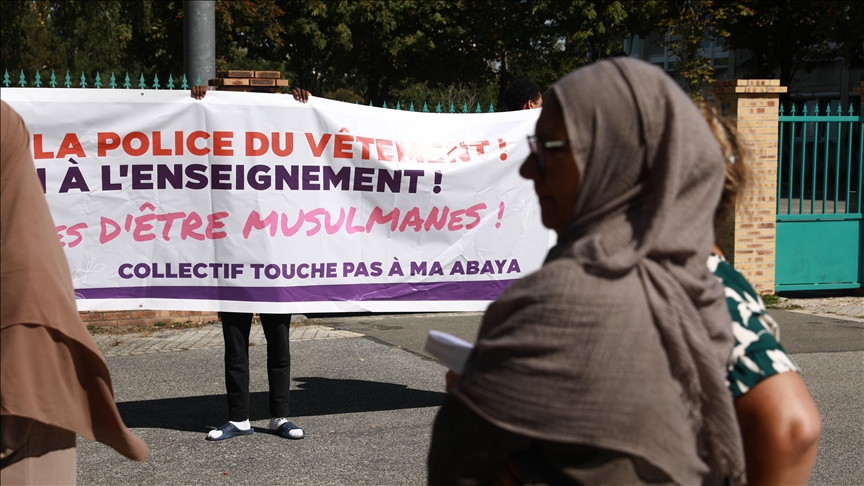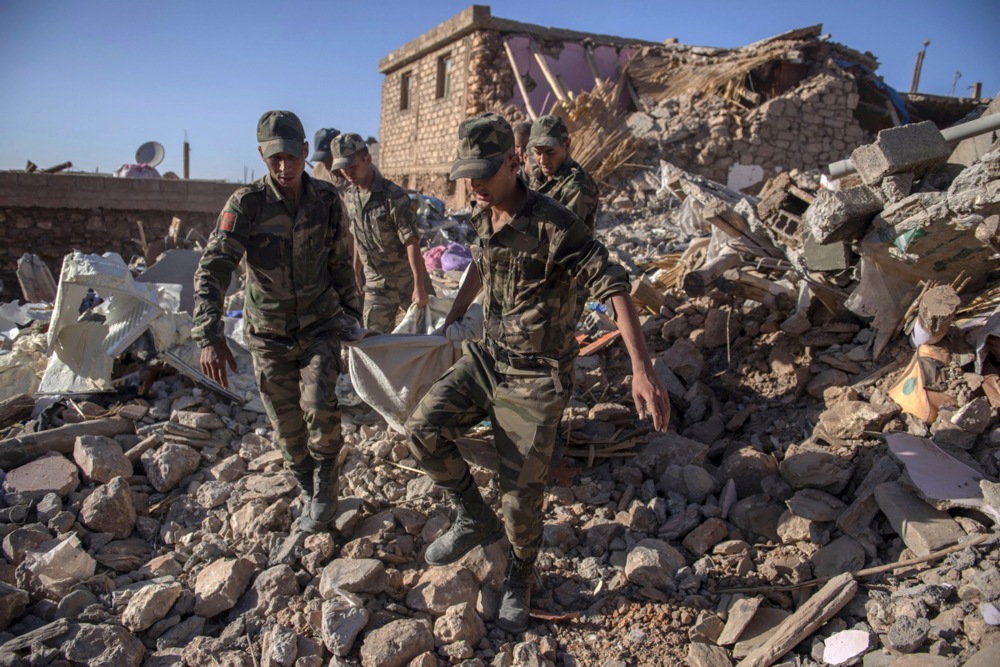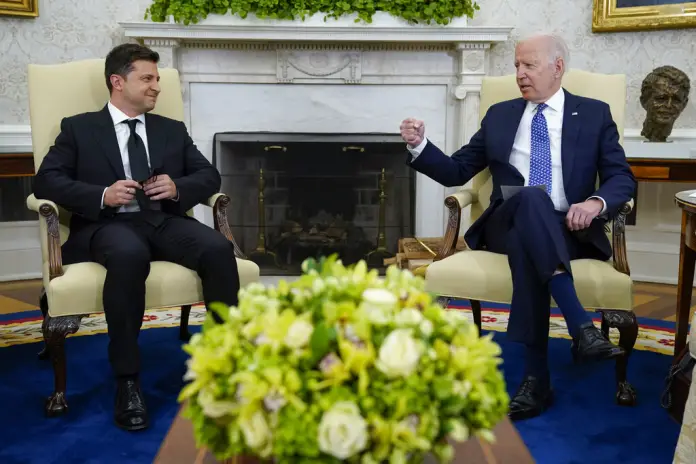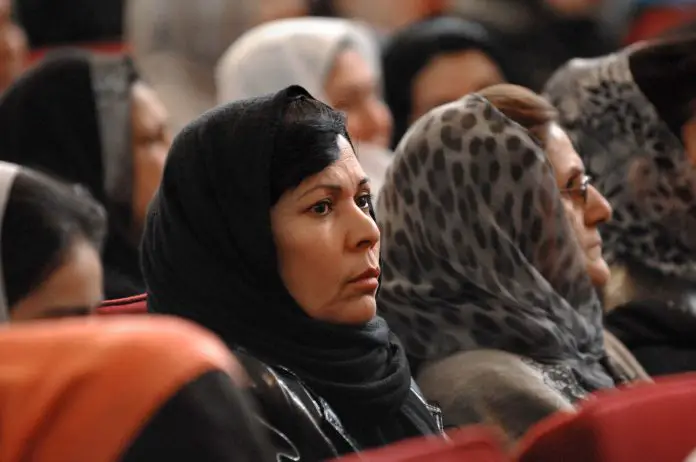Debate Ignites as French Schools Introduce Abaya Ban, Nudging Religious Freedom

France’s recent announcement of a ban on the abaya, a full-body garment worn by some Muslim women, within its schools, has prompted passionate discussions on the preservation of religious freedom.
The ban, unveiled by Education Minister Gabriel Attal last week, forms part of a broader effort to reinforce secularism within French educational institutions. Advocates of the ban argue that it is crucial to protect the secular essence of French schools and ensure that every student is treated impartially.
On the flip side, opponents of the ban argue that it unfairly targets a particular cultural and religious practice. Many Muslim women choose to wear it for reasons related to religion or personal preference. Thus, critics argue that the ban may curtail the freedom to express one’s beliefs and values.
The debate over the abaya ban remains ongoing in France, with the government expressing willingness to consider exceptions for religious reasons. However, the practical implementation of such exceptions remains an area of uncertainty.
Protests against Islamaphobia
The ban has stirred protests among Muslim groups in France. Demonstrations have taken place outside the French parliament in Paris, where participants have held signs reading “Stop Islamophobia” and “Freedom to Wear the Abaya.” These protests underscore the deep concerns within the Muslim community regarding this policy.
Beyond the immediate issue, the abaya ban also draws attention to the broader context of Islamophobia in France. In recent years, the country has witnessed several instances of discrimination and violence against Muslims, further exacerbating social divisions.
Additionally, the ban may disproportionately affect Muslim women, potentially hindering their access to education and participation in various activities. It presents a challenge to the freedom of individuals to make choices about their attire and personal expression.
International Response
Internationally, the United Nations Human Rights Council has criticized the ban, labeling it as discriminatory and a violation of the right to freedom of religion. This international condemnation underscores the policy’s implications for human rights and global norms.
Critics argue that the ban not only raises concerns about religious discrimination but also gender discrimination since it primarily affects Muslim women, who are often the ones encouraged to wear the abaya. Furthermore, some view it as a form of cultural imposition, as it enforces French secular values on individuals with differing beliefs and traditions.


 English
English 





























